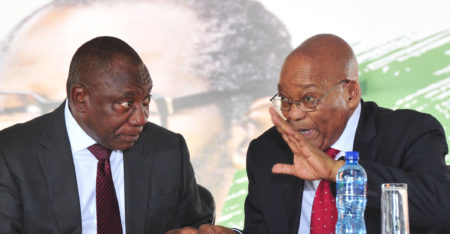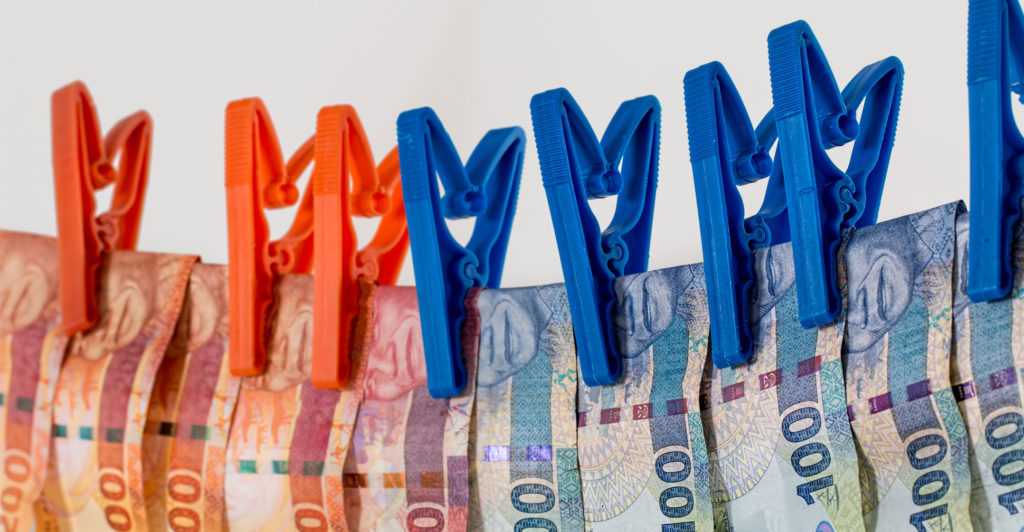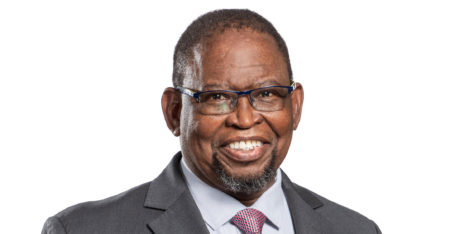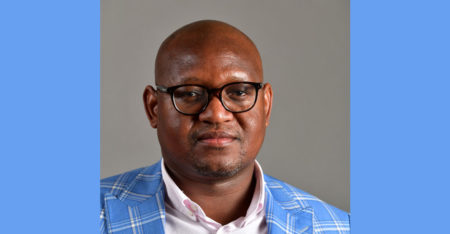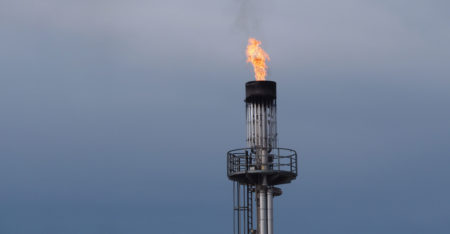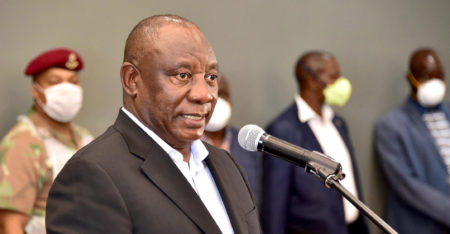President Cyril Ramaphosa testified on Wednesday that he chose to “remain but resist” rather than resign as deputy president when allegations of widespread corruption surfaced under his predecessor.
Browsing: Cyril Ramaphosa
President Cyril Ramaphosa stamped his authority over the government with last week’s cabinet revamp and sweeping changes to securities agencies, boosting his sway over economic policy.
EOH Holdings is in “advanced negotiations” with the departure of water affairs & sanitation over compensation related to four dodgy contracts awarded to the IT services company worth R474-million.
President Cyril Ramaphosa announced 10 changes to his cabinet, including the appointment of close political ally Enoch Godongwana as his new finance minister.
South Africa has a new minister and deputy minister of communications & digital technologies, with Stella Ndabeni-Abrahams redeployed to the small business development portfolio.
There are widespread doubts that renewable energy projects can happen fast enough to replace coal. So a controversial fossil fuel remains part of the planned energy mix: natural gas.
Aspen has announced the release of much-needed locally manufactured Covid-19 vaccines to Johnson & Johnson to be used in South Africa.
South Africa on Sunday lifted restrictions on the sale of alcohol on weekdays and the movement of people between provinces as President Cyril Ramaphosa said a third wave of the coronavirus may have peaked.
Sipho Maseko, who announced last week that he will step down as Telkom CEO next year, saved the company from impending ruin. That might sound like an overstatement; it’s not. By Duncan McLeod.
Government said the third wave of coronavirus infections has passed its peak, a development that could give it scope to ease a ban on alcohol sales and other restrictions.


